April is Child Abuse Prevention Month, a time to recognize the impact of child abuse as well as encourage families and communities to work together to prevent abuse and neglect. Family Support Services of North Florida works to accomplish this goal every day through many initiatives – including participating in the MANicure Movement.
Octavius Davis from FSS recently joined Action News to discuss the initiative and share his personal experience with child abuse and how the public can help. View the segment here.
The MANicure Movement®
The MANicure Movement® is a grassroots effort designed to raise awareness of child abuse as a national health crisis, as well as to encourage the public and its leaders to join together in the fight against child abuse.
The movement challenges people of all ages to boldly show their support for children by wearing a single blue polished fingernail. One blue fingernail represents the one in five children that will suffer abuse before the age of 18 – a staggering statistic that we’re aiming to change through our dedicated work with children and families in Duval and Nassau counties.
Child Abuse and its Signs
Child abuse is defined as any harm or mistreatment to a child under 18 years, and takes many forms which may occur in conjunction with each other. This includes physical abuse, sexual abuse and emotional abuse as well as medical abuse and neglect.
Unfortunately, in many cases, child abuse is committed by someone a child knows and trusts, such as a parent of extended family member. Child abuse can often present in very subtle ways and can be difficult to detect. In addition, children who are being abused may feel ashamed, confused, and afraid to tell anyone about what they are experiencing. This is why it is so critical for the public to be aware of the signs of child abuse. Watch for these red flags
- Withdrawal from friends or usual activities
- Changes in behavior — such as aggression, anger, hostility or hyperactivity — or changes in school performance
- Depression, anxiety or unusual fears, or a sudden loss of self-confidence
- Reluctance to leave school activities, as if he or she doesn’t want to go home
- Attempting to run away
- Rebellious or defiant behavior
- Self-harm or attempting suicide
Different types of abuse yield different types of symptoms. Above all, if a child you know – or even one you don’t – seems “off,” trust your intuition. If you suspect child abuse, don’t hesitate to contact local authorities.
View the full segment here.

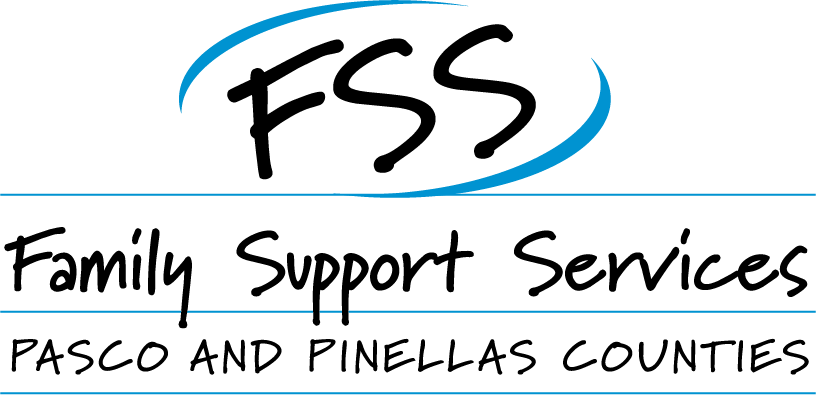
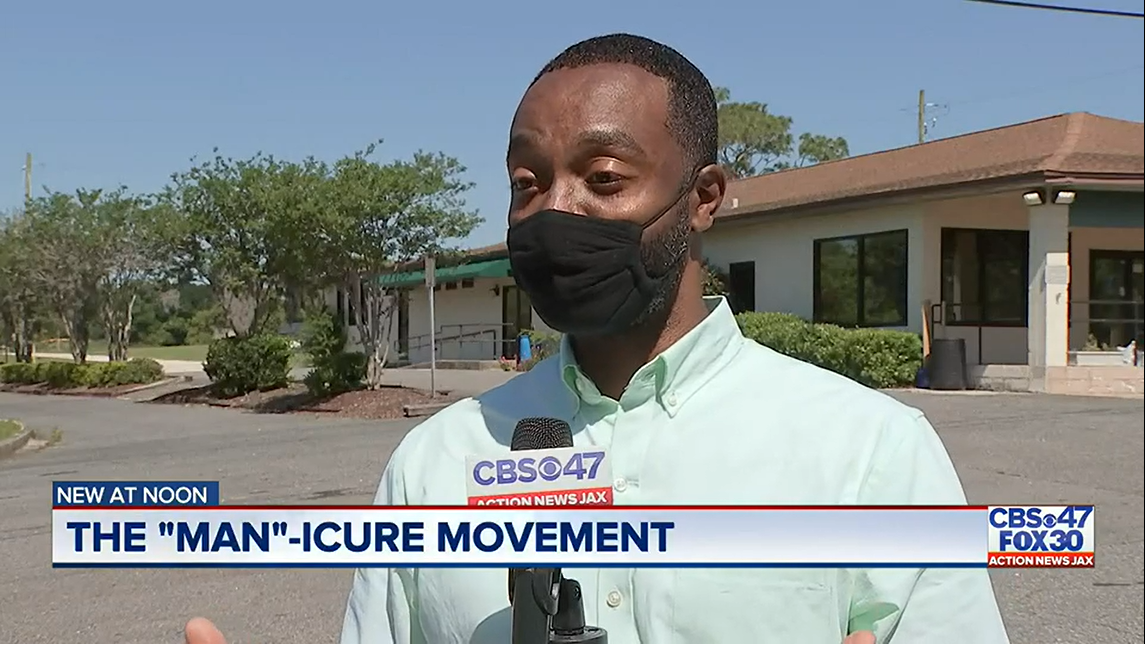


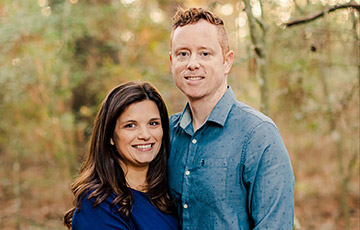
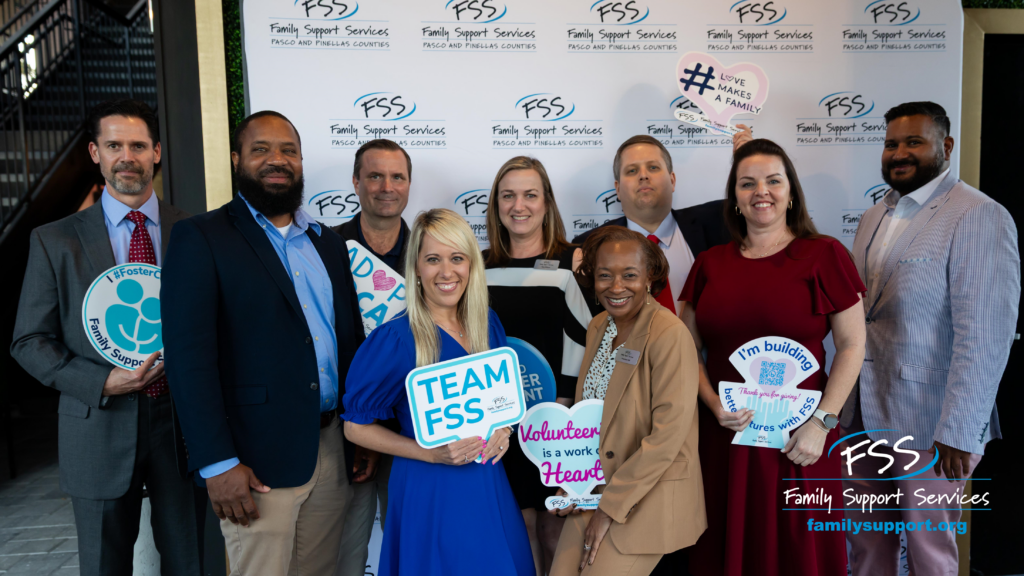
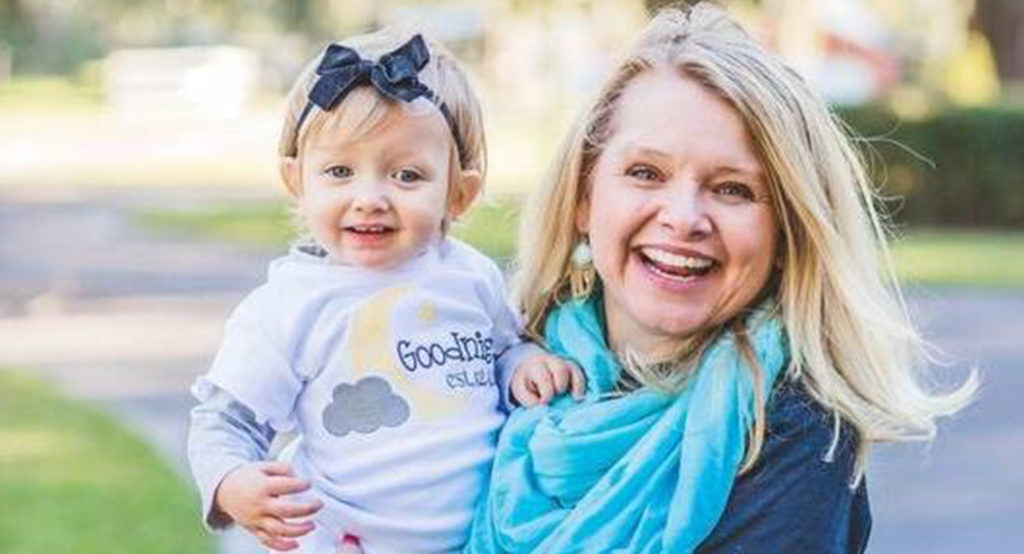

0 Comments